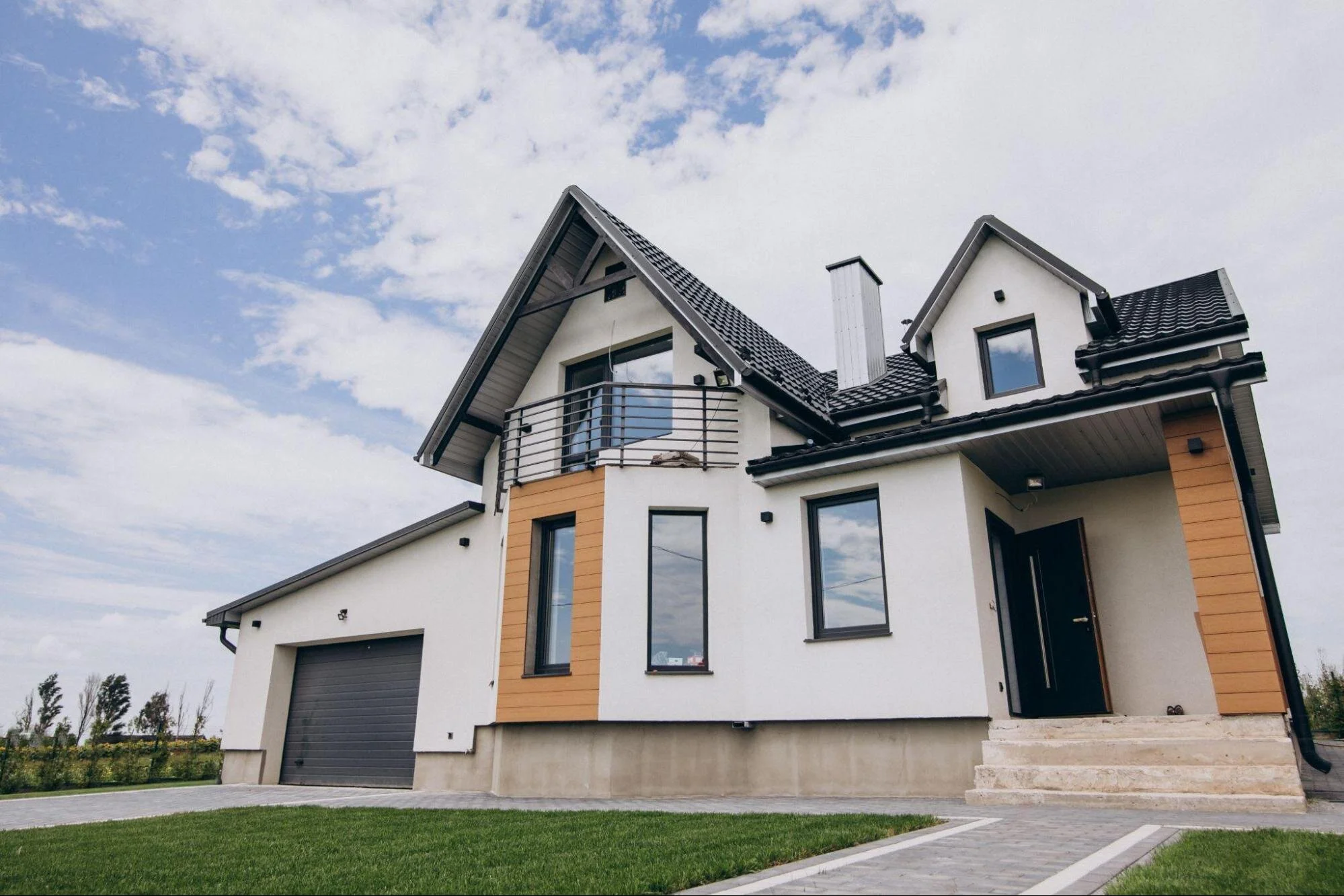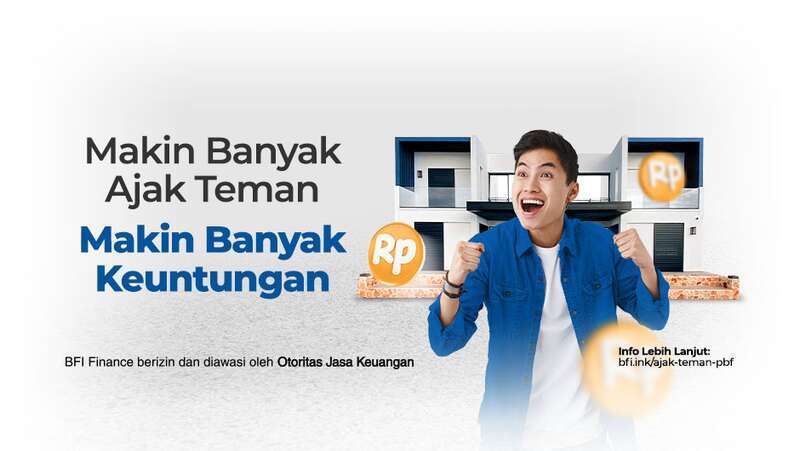When it comes to the question of whether you should buy or rent a house, it's a significant decision that affects your financial aspects and lifestyle. Both options have pros and cons that need to be considered. This article will discuss the comparison between buying a house and renting a house so that you can make the right decision according to your needs and goals.
1. Buy a House
1.1 Ownership
One of the main advantages of buying a house is that you will own it as your asset. This means you will have full control over the property, and you can make changes or renovations according to your preferences. Owning a home provides a strong sense of ownership and stability. You don't have to worry about property owners deciding to sell the house or terminate your lease. This is a significant advantage compared to renting.
1.2 Longer-Term Commitment
When you buy a house, you typically commit to a longer-term. Mortgage contracts usually last for years, even decades. This gives you stability in long-term residency, which is crucial if you have a family or long-term plans in that area. You don't have to worry about constant relocations associated with renting. This gives you comfort and stability.
Also Read: 8 Easy and Effective Ways to Save at Home
1.3 Investment
Homes are often considered a smart investment. Property values tend to increase over time, and you can leverage your home equity for various financial purposes such as funding your child's education or starting a small business. Additionally, if you have an additional house, you can rent it out and generate regular additional income. However, it's essential to note that property investments also come with risks. Property values can decrease, meaning you might face financial losses if you have to sell the house in an unfavorable market.
1.4 Renovation Costs Are Higher
While having the ability to renovate your home is a significant advantage, the cost of home renovations can be a significant burden on your budget. You will be responsible for all renovation costs, from minor repairs to major renovations. Therefore, it's important to plan your budget carefully if you intend to make significant changes to your home. This ensures that you do not exceed your financial capabilities.
1.5 Property Taxes are Self-Paid
Homeowners usually have to pay property taxes themselves. This can be an additional financial burden that needs to be considered in your budget. Property tax costs can vary depending on your location and the value of your property. Additionally, property tax laws can change over time, so it's crucial to always follow the latest regulations and include these costs in your financial planning.
1.6 Prone to Emergency Expenses
Owning a home can be a good investment, but it also has the potential to consume your emergency funds. If there is sudden damage to the house, such as roof damage or expensive repair issues, you are responsible for financing it. Therefore, it's always wise to have sufficient emergency funds to handle unforeseen situations like this without significantly disrupting your finances.
In conclusion, buying a house has several benefits, including property ownership, long-term stability, investment potential, and the freedom to make changes according to your preferences. However, it's also essential to consider associated costs such as property taxes and renovation expenses. Additionally, having a solid financial plan is key to managing your home wisely and avoiding potential financial issues.
2. Rent a House
2.1 Renovations Covered by the Owner
One of the main advantages when choosing to rent a house is that you don't have to worry about renovation costs. Repairs and routine maintenance are generally the responsibility of the property owner. This means you can enjoy the facilities of the house without the burden of significant renovation costs often encountered by homeowners.
2.2 More Affordable
Renting a house tends to be more affordable than paying a monthly mortgage, especially if you don't have a large enough capital to buy a house. This gives you flexibility to allocate your funds for other needs and investments, such as education, other investments, or well-deserved vacations.
2.3 Easy to Move as Needed
When you rent a house, you have great flexibility to move as needed and as your life situations change. You are not bound by long-term contracts typically associated with home ownership. This can be highly beneficial if you need to move to another city for a new job or personal life changes.
2.4 Not Ownership
However, it's important to remember that renting a house means you do not own the property as an asset. You do not have control over changes or renovations you may want to make, and you do not build equity in the home. This may make you feel less ownership and less stable in the long term. In the long run, rental payments may seem like an expenditure because you won't have a property that can appreciate in value over time.
2.5 Subject to Owner Termination
When you rent a house, you must comply with the property owner's rules. The owner has the right not to extend your lease or terminate your rental contract. This means you may have to move if the owner decides to sell or rent out the property. While this provides flexibility for moving, it also means you don't have long-term certainty in your residence.
2.6 Cannot be Used as an Investment
You cannot leverage the increase in property value if you choose to rent a house. The appreciation of property value is an asset only owned by property owners. This means you cannot experience the financial benefits of the home's value appreciation.
3. Considerations
3.1 Monthly Income
It's important to evaluate your monthly income when considering whether to buy or rent. Mortgage payments typically require a larger income commitment than monthly rent payments.
3.2 Future Plans
Consider your future plans. Are you planning to stay in an area for a long time, or might you need to move due to a new job or life changes? This decision can affect whether you choose to buy or rent.
Also Read: 11 Ways to Manage Household Finances Easily and Precisely
The decision to buy or rent a house is a significant one in your life. You need to consider the pros and cons of each option as well as your financial situation and needs. Many factors need to be taken into account, including stability, investment, and flexibility. Ultimately, it's best to choose the option that aligns with your current situation and goals. The most important thing is that you feel comfortable and happy with your decision.
BFI Finance is a company that provides multi-purpose loans with guarantees for motorbike bpkb, car bpkb, and house or shophouse certificates







